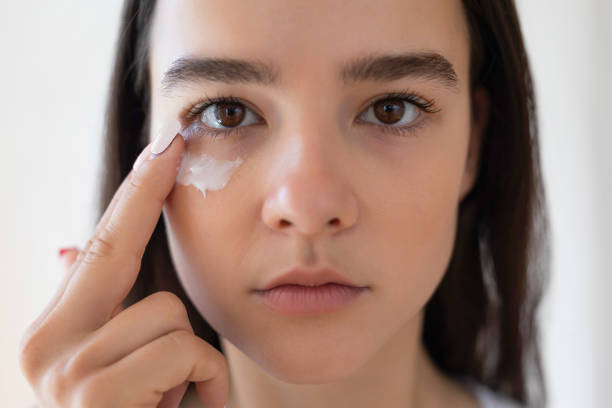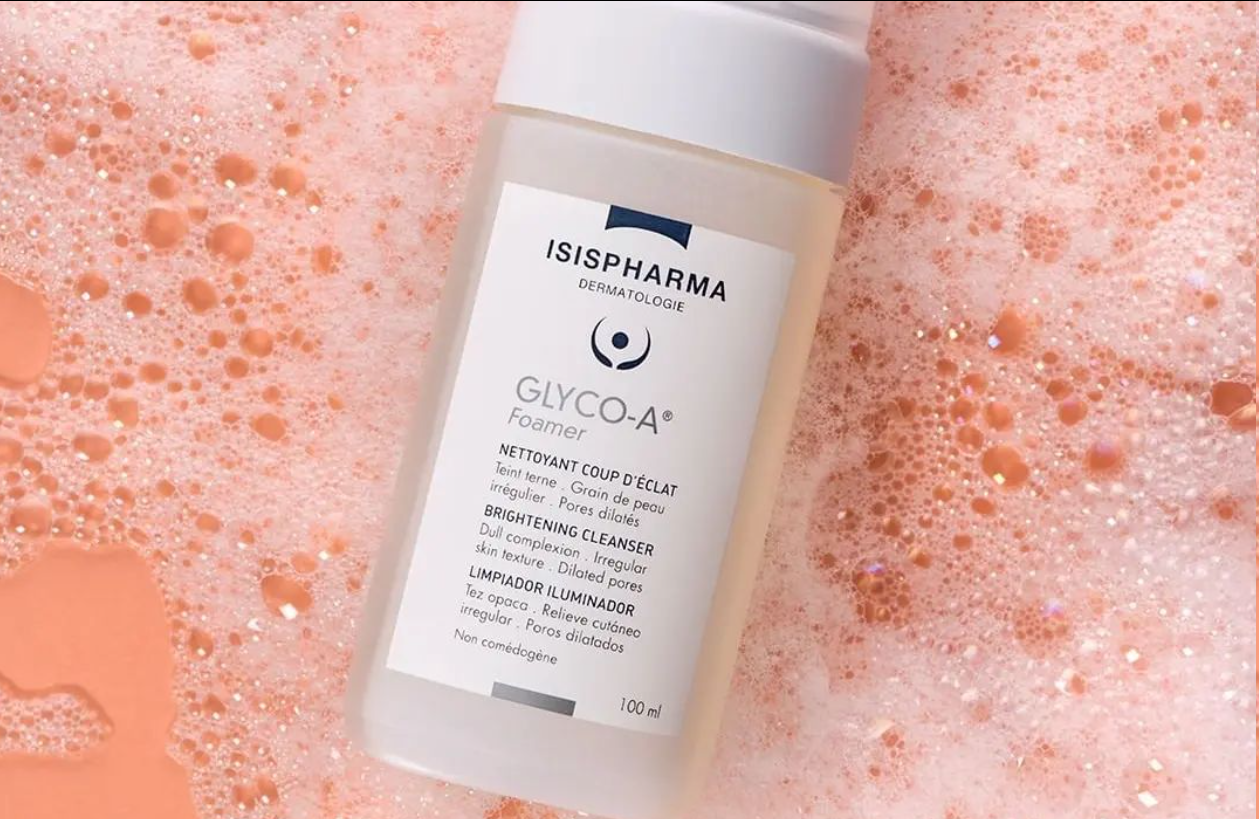Sensitive Skin Alert: Combat Skin Burning Sensations Post-Skincare
If you’ve ever experienced a burning sensation after applying skincare, you’re not alone. Many individuals find themselves questioning why their skin reacts adversely when their intention is to nurture it. This sensation can be alarming and uncomfortable, signaling that a particular product may not be suitable for your skin. It’s crucial to pinpoint the cause and take protective measures to avoid further irritation. In this article, we will explore common triggers for skin burning post-skincare, identify ingredients that could be responsible, and provide practical advice for soothing irritated skin and preventing future reactions.
Introduction to Skin Irritation Post-Skincare

Skin irritation and sensitivity are not uncommon responses to skincare products. Skincare routines are meant to improve skin health, but sometimes they can lead to burning sensations, redness, or discomfort. This unpleasant experience can be the result of various factors including harsh ingredients, allergies, or overuse of products. Being aware of the potential for such reactions and knowing how to address them can ensure that your skin remains healthy and radiant. Let’s delve into why your skin might react in such a way and how to identify the signs of irritation.
Common Reasons for Skin Burning Sensations

Many skincare products contain active ingredients that, while beneficial in some cases, can also lead to irritation. Alpha hydroxy acids (AHAs), beta hydroxy acids (BHAs), retinoids, and certain essential oils are potent and have transformative effects on skin. However, they can also cause a burning sensation if they are too strong for your skin type, or if applied too liberally. Identifying which ingredient is causing discomfort can be the first step in resolving the issue.
Allergic Reactions and Dermatitis
Allergies can occur with any new skincare product, even if you’ve used similar ones in the past without any problems. Contact dermatitis is a form of skin inflammation triggered by allergens or irritants. When the skin comes into contact with an offending substance, it may respond with symptoms such as itching, redness, and yes, burning. Recognizing an allergic reaction early can help you take action and alleviate symptoms.
Over-Exfoliation and Damaged Skin Barrier
Our skin has a natural barrier that protects it from external elements. Exfoliating can help remove dead skin cells and reveal brighter, smoother skin. Nevertheless, too much exfoliation can strip the skin of its natural oils, leading to a compromised skin barrier. This may leave the skin vulnerable to irritants and lead to a burning sensation. Taking a step back in your skincare regimen and allowing your skin to repair is often necessary to restore balance.
Identifying the Culprit: What Causes Skin Discomfort?
One of the keys to preventing adverse reactions is becoming an informed consumer. By carefully reading product labels and familiarizing yourself with ingredients that are known to cause irritation, you can avoid potential triggers. Look for products formulated for sensitive skin, and be wary of lengthy ingredient lists, which increase the chance of an irritant being present. Below is a table listing some common skincare ingredients and their potential for causing skin irritation.
| Ingredient | Potential for Irritation |
|---|---|
| Fragrances (synthetic and natural) | High |
| Alcohol (especially denatured) | Medium to High |
| Sulfates | Medium |
| Essential Oils | Medium |
| Chemical Sunscreens | Medium |
| Preservatives (e.g., parabens) | Low to Medium |
Product Patch Testing: Preventing Adverse Reactions
Patch testing is an effective approach to minimize skin reactions to new products. Apply a small amount of the product to an inconspicuous area of your skin, and wait 24-48 hours to see if there is an adverse reaction. If burning, redness, or itching occur, it is an indication that the product may not be right for you. Here are the steps you should follow for a patch test:
- Select a small area of your skin that can be easily concealed, such as behind the ear or on the inner forearm.
- Apply a small amount of the product to the selected area.
- Cover the area with a bandage and leave it untouched for 24-48 hours.
- After the waiting period, check the area for any signs of reaction, such as redness, bumps, itchiness, or burning.
Managing and Preventing Skin Burning After Skincare
The moment you feel a burning sensation after applying a skincare product, it’s vital to act swiftly. Immediately rinse the affected area with cool water to remove the product. Resist the urge to apply other products, especially those containing active ingredients, as this may exacerbate the issue. Instead, soothe the area with a simple, fragrance-free moisturizer or a calming agent such as aloe vera. Avoiding heat and direct sunlight can also help reduce discomfort.
Long-Term Skincare Strategies for Sensitive Skin
To care for sensitive skin and prevent future reactions, it’s essential to curate a skincare routine that is gentle and mindful of your skin’s needs. Natural soothing ingredients, like chamomile or cica, can calm inflamed skin without causing additional irritation. NumberedList, It pays to allocate more time for products to be fully absorbed before applying another layer, you can do this can help your skin to adapt without becoming overwhelmed.
- Seek out hypoallergenic and non-comedogenic products to reduce the likelihood of irritation.
- Incorporate gentle, hydrating ingredients such as hyaluronic acid and ceramides to strengthen the skin’s barrier function.
Seeking Professional Help: When to See a Dermatologist
If your skin consistently reacts with a burning sensation or if symptoms are severe, it’s crucial to consult a dermatologist. They can provide expert advice, perform patch testing for specific allergens, and recommend products or treatments that are safe for your skin type. Chronic skin irritation may indicate an underlying condition that requires professional attention. Trusting your skin’s health to a medical professional can give you peace of mind and promote healing.
Conclusion
Experiencing a burning sensation after applying skincare products can be worrisome and unpleasant. However, understanding the potential causes, from irritation-inducing ingredients to over-exfoliation, can help you avoid similar scenarios in the future. Reading labels, performing patch tests, and following a gentle skincare routine tailored for sensitivity are critical steps in protecting your skin. If adverse reactions persist, a dermatologist’s guidance is invaluable. Remember that healthy skin should not have to endure discomfort for beauty.
Frequently Asked Questions
Q1: Can natural or organic skincare products also cause burning sensations?
A1: Yes, natural or organic labels do not necessarily mean a product is free from irritants or allergens, as some natural ingredients can also cause skin reactions.
Q2: How long does it generally take for skin burning from a skincare product to subside?
A2: The time for skin burning to subside can vary, but if the irritation is mild and the product is immediately removed, the burning sensation should lessen within a few hours to a day. If symptoms persist, seek medical advice.
Q3: Should I stop using all of my skincare products if my skin starts burning?
A3: It’s best to stop using the product causing the reaction immediately. You may also want to simplify your routine to gentle, basic products until your skin calms down and consider reintroducing other products slowly and one at a time.
Q4: What ingredients are known for soothing a burning sensation on the skin?
A4: Ingredients like aloe vera, chamomile, and centella asiatica (cica) are known for their soothing and anti-inflammatory properties and can help alleviate skin burning sensations.
Q5: Are there any preventive measures I can take to avoid skin burning from skincare products?
A5: Always conduct patch tests before using new products, introduce one new product at a time into your routine, read ingredient labels, and consider formulations designed for sensitive skin. Avoiding harsh physical exfoliants and being cautious with chemical exfoliants can also help prevent skin irritation.


